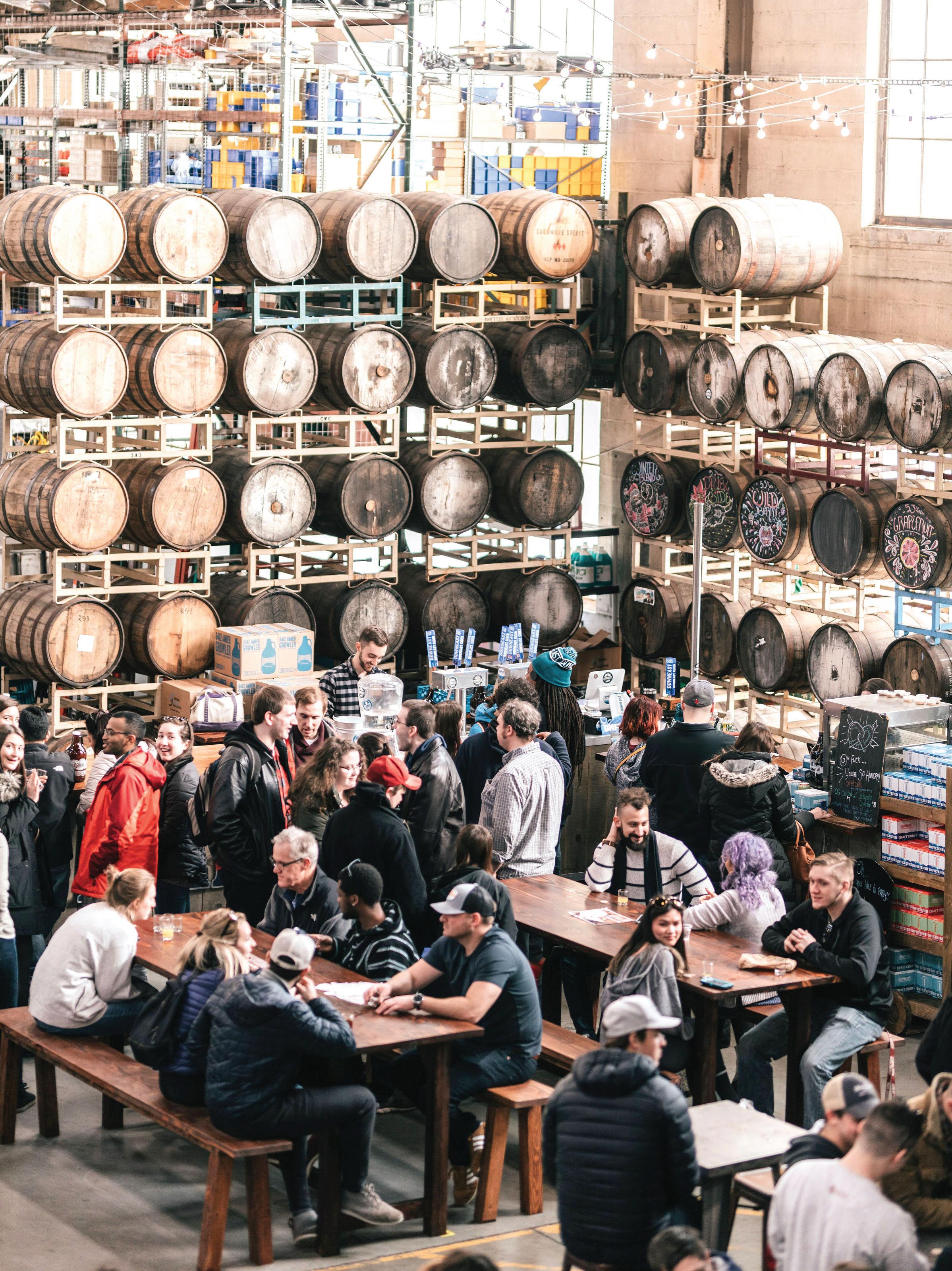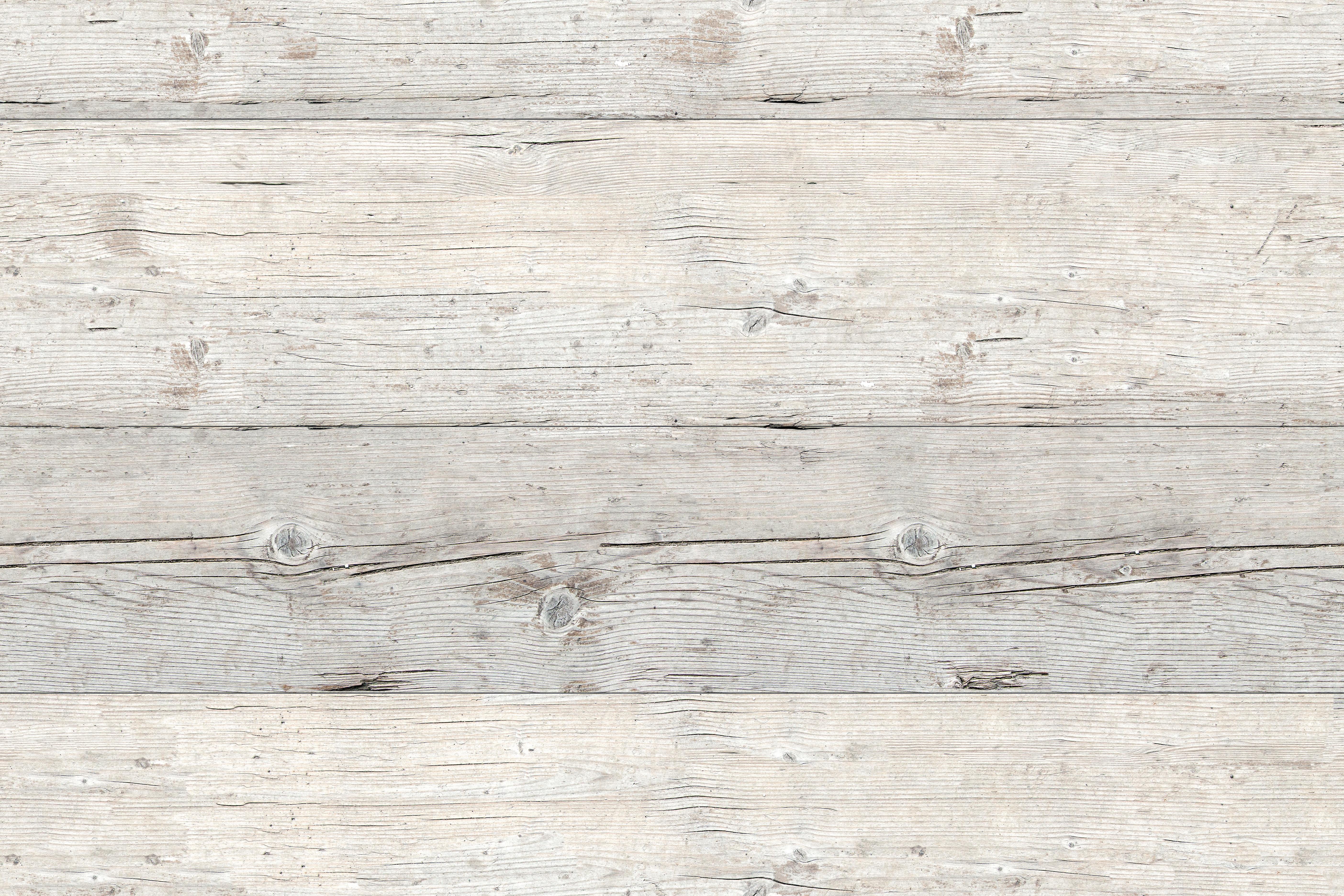
7 minute read
Downeast Cider on the Grow

The Downeast cider house in Boston has become quite a draw for locals and tourists alike.
Photos courtesy Downeast Cider
Extracurricular Enterprise
Downeast Cider founders grow basement experiment into a thriving regional business
By Kevin Noonan
The creators of Downeast Cider can point to their years in college as the key to their success, but that didn’t come from what they learned in a classroom — it came from what they learned in the basement of their dormitory.
That college, Bates College in Lewiston, Maine, is where Ross Brockman, Tyler Mosher and Ben Manter became friends and, eventually, entrepreneurs. Like many people who become professional craft brewers, they didn’t intend to get into that field and that’s certainly not why they went to college. But once they got there, they discovered they didn’t have a passion for their selected majors.
So, in 2012, they started making a hard cider and, to their surprise and relief, their brand became big in the New England market. Initially, they were going to call their new enterprise “Three Idiots Cider” and even went so far as to contact a trademark lawyer to make it legal, only to discover that less than a week earlier a winery in California had filed for that same name.
So, they went back to the drawing board and came up with Downeast Cider Co. — downeast is a nautical term for sailing downwind on the way to home port and that seemed to fit their Maine roots.
Now, 11 years later, that sea-inspired name has become one of the biggest in the hard cider market, even though Manter and Mosher are no longer with the company, which is now run by Ross Brockman and his brother, Matt, from their distillery in East Boston. ►
Celebrating 85 Years!

Enjoy these daily specials ALL MONTH LONG!

Mondays: 15% OFF Craft Beer 6-Packs Tuesdays: 15% OFF Whiskeys over $50 Wednesdays: 15% OFF 750mls of Wine Thursdays: $2 OFF Growler Fills
Huge Selection Mix Your Own 6-Pack Friendly Staff STOCK UP ON YOUR FAVORITE FALL SPIRITS!
522 Philadelphia pike - wilmington 302.764.0377 - pecosliquors.com
Downeast prides itself on being in the middle — not too sweet and not too dry.
Their brand manager, Pete McCoubrey, also discovered that his initial chosen field — he was a criminal justice major at Endicott College in Massachusetts, with an eye toward becoming a lawyer — wasn’t what he really wanted to do.
In a telephone interview with Out & About, McCoubrey, 34, discussed the rapid growth of Downeast Cider, which has recently entered the Delaware market. He also disclosed that he visited the Delaware beaches this summer and loved it here.
For more information on Downeast Cider and its brands, go to DowneastCider.com.
O&A: First of all, how did you go from being a criminal justice major to brand manager for Downeast Cider?
McCoubrey: I think that’s a cautionary tale about not letting an 18-year-old kid choose his major right away. [After discovering he didn’t want to be a lawyer] I went back to Endicott and got my MBA and started working in the banking industry. I did that for about eight years, and I also did some freelance writing on the side. A friend of mine worked for Downeast in marketing and he brought me on as a copywriter, which got me out of the bank, which I was happy about. About two months later, he left the company and Ross [Brockman] asked me to hold down the fort until he could figure out what to do with the marketing. Then he asked me if I wanted the job permanently. So, I went from throwing a dart at the wall, college major-wise, to ending up here.
O&A: There are a million craft beers and you guys are different. Does that help in marketing?
McCoubrey: It definitely helps. There was a craft beer boom that’s fading away now — and we’re craft beer drinkers and there are a lot of great ones, but there are so many options.
I can think of two examples of that. I was in bar in Newport [R.I.] recently and they had four different IPAs on the draft line, which had eight handles. Those four IPAs are all great individually, but people are saying ‘What difference does it make?’
And I was down at the Delaware beaches, in June, in Rehoboth Beach. It was the first time I was in a place called The Starboard and I fell in love with that place — we were there for a week and I had lunch there every day. And we were on their menu with maybe just one other cider, and there were maybe 10-12 craft beers. So, we stood out just because of that.
O&A: Actually, The Starboard is in Dewey Beach. How did you end up there and what did you think of it?
McCoubrey: I had a great time. My girlfriend grew up on the Eastern Shore of Maryland and she’s been going to the Delaware beaches every summer since she was a kid. I really don’t even know what the equivalent of that would be up here, I don’t even know if we have one. But I loved it.
The beaches are a lot different than the ones up here and the bar scene, that stretch of bars, is really something. Even in the afternoon, the places were packed. That doesn’t happen in a lot of places, even in Boston.
O&A: Back to Boston — Downeast got started by three young guys with no brewing experience. How did that happen?
McCoubrey: A friend of theirs in college had a family orchard in Maine and he would bring back fresh apple cider whenever he came from home and, being college guys, they would mix alcohol with it in the basement of their dorm. And that’s when they thought, If we could figure out how to make cider like this with alcohol, that could be big.
They had no experience at all, but they bought whatever equipment they could afford and gave themselves the summer to say, Either we’re going to figure this out and make something good, or get real jobs. And they came up on the other side of that with Original Blend, which is our flagship, and they’ve grown steadily ever since then.



O&A: What makes your hard cider different?
McCoubrey: When they started, cider was either a real sweet cider with the consistency of apple juice, and on the other side of the spectrum were these dry, very fancy, almost wine-like ciders that came in a bottle with a cork. And they wanted to make a hard cider that tasted like the unfiltered cider they had from the farm. That means not taking out those little bits of apple that gives it a hazy-like texture, almost like an IPA. It’s not overly dry and it’s not overly sweet, and they found a new space to plant the flag.
O&A: The Brockman brothers also had no business experience. How did they go from making the cider to marketing it?
McCoubrey: They make a great team — Rob is really into marketing and his older brother, Matt, takes care of the operations. And they worked like crazy, just knocking on doors and going into bars and getting their name out there and finding their audience.
O&A: Was there a particular moment when they knew they were going to be successful?
McCoubrey: Yeah, and we have it framed in our office — a crushed Cranberry Blend can, which they made after the Original Blend. Ross was walking down the street one day and somebody had just thrown a can out the window and a car had driven over it. And seeing that Cranberry Blend can — which was just trash on the side of the road — he was like, Oh, people are drinking our products and it’s not just our friends or family that we’re giving it to.
To see that can as trash on the road meant that it’s out there and people are drinking it, and that was a symbol to just keep going. And now we have that crushed can hanging in our office.

NOW AVAILABLE EVERYWHERE CRAFT BEER IS SOLD. SCAN QR CODE TO FIND BEER NEAR YOU.
IRON HILL BREWERY









